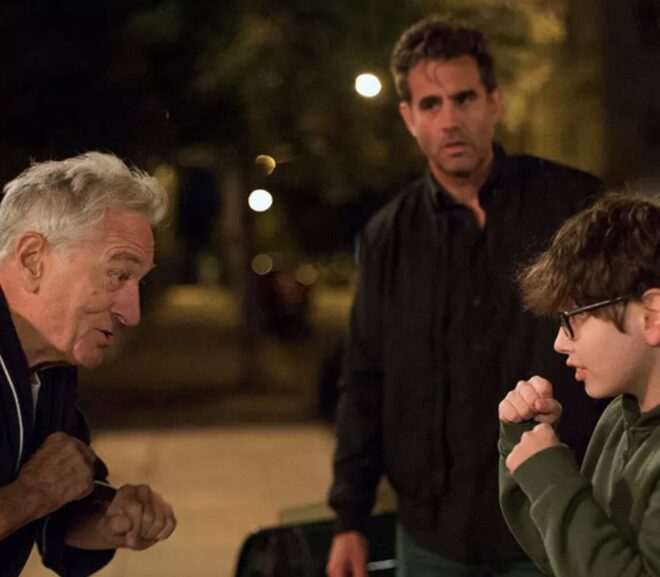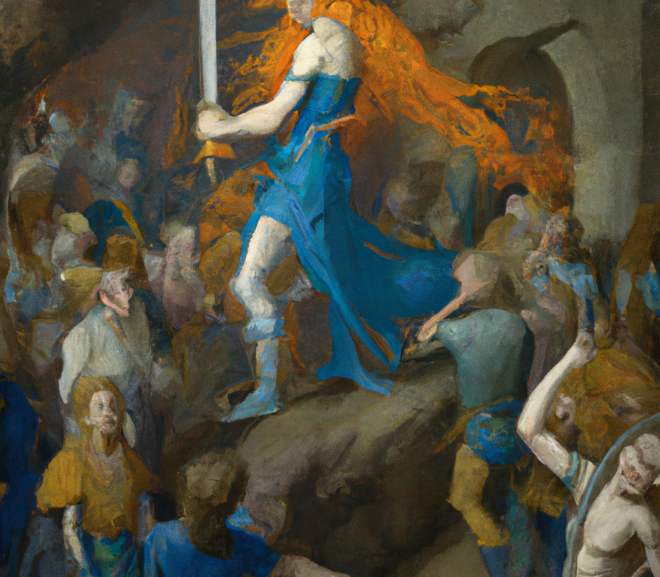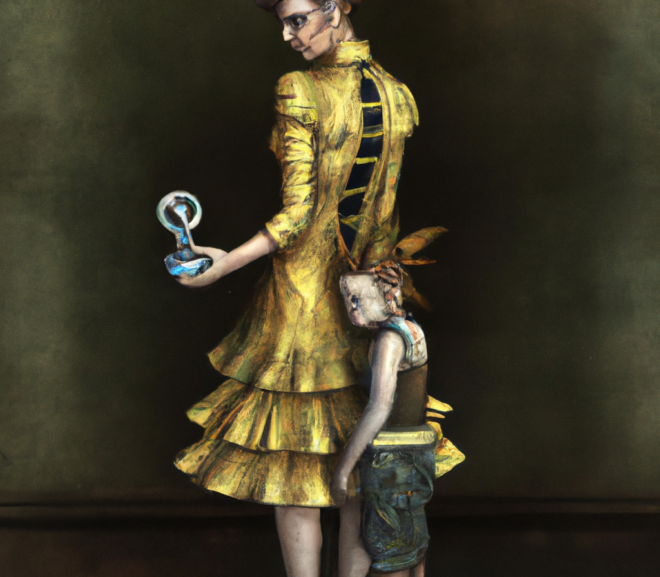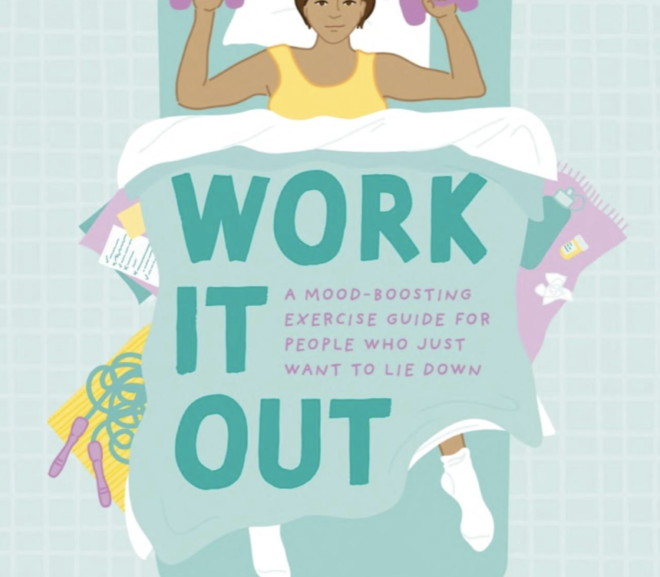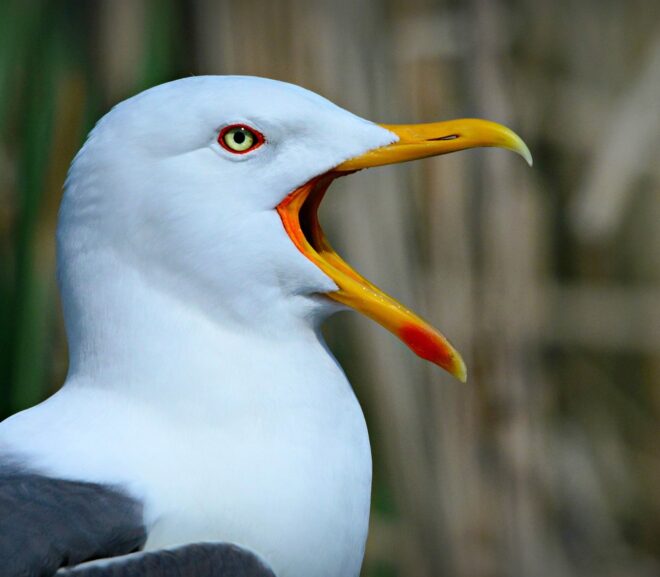The new movie Ezra shows that when autistic people are creatively involved in telling autistic stories, it strengthens not only representation, but the very quality of a film itself.
Next time you are annoyed by an autistic person’s failure to comply or their different way of doing something or seeing the world, stop and consider the power of positive nonconformity and be grateful for those who dare to be different.
We spoke with autistic academics Richard Woods, Kathryn Williams, and C.A. Watts about their recently published letter explaining why “profound autism” bungles the support needs of autistic people with co-occurring conditions, and will endanger autistic lives.
Sarah Kurchak’s Work it Out is a neurodivergent accessible guide to starting regular physical exercise. This is a handbook on how to get started for those who have had difficult due to any number of reasons (like stigma, physical and mental health, being neurodivergent in a world where instructions are not designed for your neurotype).
Autistic brains can be in danger of overload while grocery shopping. When that happens autistics needs a quiet space—fast. But there are usually none in big stores.
I still see a lot of “gifted” labeling in the school system, along with a conversation that is frustratingly narrow, because gifted labels cause harm—both to the ability of “gifted” disabled children to get support, as well as to those without the gifted labels.
Even though the Netflix series Heartbreak High looks like purely soapy fun, Sarah Kapit says it has “the best on-screen depiction of being autistic that I’ve ever seen.”
Maybe there’s a reason autistic authors have often opted to write neurotypical characters. Maybe it’s proven to be more sellable and “believable” than their own experience. I’m upset, wondering how many wonderful autistic stories we’re missing out on as a world because of neurotypical gatekeeping.
The thing about PDA or “Pathological Demand Avoidance” is that there are a lot of reasons why someone would resist doing something, and it’s often more complex than it appears on the surface.
The Fire, The Water, and Maudie McGinn is an absolutely wonderful, important book for kids that don’t have a voice and may not be able to identify abuse or know how to talk about it. Fantastic for autistic and allistic readers alike.
